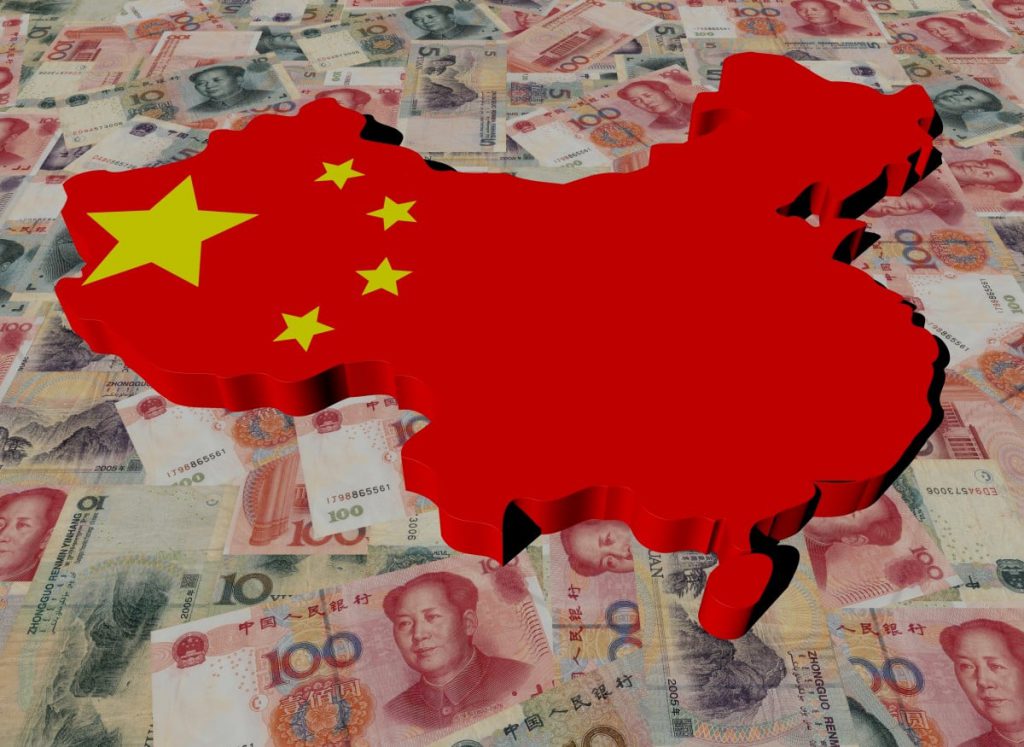
China’s Economic Messaging Challenge
Chinese Premier Li Qiang’s recent appearance at the World Economic Forum in Davos aimed to boost confidence in China’s economy, presenting it as an attractive investment opportunity. However, the markets responded with scepticism as a prolonged sell-off ensued upon their reopening. While official data confirmed last year’s economic growth targets, investors sought a clear roadmap to address the deepening property crisis and local government debt crunch.
The Communication Dilemma Amidst Concentrated Power
Analysts point to the concentration of power in President Xi Jinping’s third term as a root cause of China’s struggle to communicate its economic plans effectively. This concentration creates hesitation in lower levels of decision-making and communication with the public. Investors anticipated insights from the Party’s annual economic conference and a crucial financial policy meeting, resulting in vague pledges of “policy adjustments” and plans to enhance Party oversight over a $61 trillion financial sector. The lack of clarity is fueling uncertainty, impacting decision-making processes and eroding market and consumer confidence.
Balancing Oversight and Recovery in a Post-Crisis Scenario
China’s approach to managing its economic challenges involves tightening oversight, particularly in the financial sector. However, experts warn that cracking down on banks may hinder recovery. Marko Papic, chief strategist at Clocktower Group, emphasises the need for post-crisis recovery to involve banks with the “animal spirits” to lend. The delicate balance between oversight and encouraging recovery is crucial for sustaining economic growth.
China’s economy faces a critical challenge in aligning official messaging with market realities to rebuild investor and consumer confidence. The concentration of power, communication gaps, and the delicate balance between oversight and recovery present hurdles that require strategic solutions. As global economic dynamics continue to evolve, China’s ability to address these challenges will shape its economic trajectory in the coming years.


